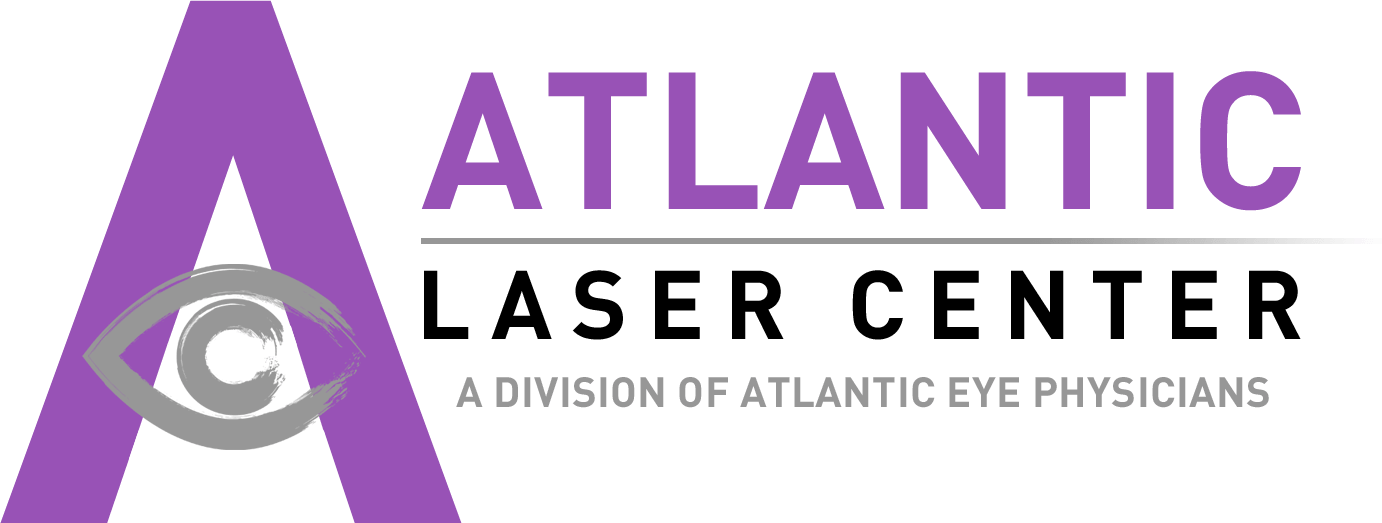What Is An Implantable Contact Lens?

If you have poor vision, you likely know what contact lenses are. Contacts are transparent, indented circles made out of durable material.
They are then placed directly onto your eyes to correct refractive errors. The best part, of course, is that they are all but invisible.
They are a practical solution to those with refractive errors but they have their own flaws. Wearing contacts means you need to replace them frequently.
They also need a lot of maintenance to wear them safely. They are quite easy to lose because they are small and transparent.
Surgery is a popular method of circumventing the problems of contacts. A surgical procedure allows a patient to see without needing glasses.
LASIK is, of course, the most well-known surgery, but it is not the only option available. Another viable option combines the practicality of contacts with the benefits of surgery.
Implantable contact lenses, as the name suggests, are contacts that are put into your eyes. Keep reading to learn more about implantable contact lenses and if they could be right for you!
How are ICLs implanted?
ICLs are made out of a material that is biocompatible. This means that the material works inside your body with a low chance of rejection.
This is good as ICLs are placed between the iris and the natural lens of your eye. This is done by making small incisions into the cornea of the eye.
Doing this allows the surgeon to safely place a cartridge that holds the ICL into the desired area of the eye. The lens will begin to unfold in the eye.
After the lens unfolds, the doctor will secure the ICL in the eye by sticking the corners of the lens behind the iris. Finally, the surgeon makes an incision in the iris to allow for good circulation.
A typical ICL surgery takes about 15 minutes per eye. This amount of time is comparable to other vision correction surgeries like LASIK.
Pros of ICLs
There are many advantages to using ICLs to correct your vision.
- Recovery time from ICLs is almost unmatched. You should be able to resume most normal activity the day after surgery, although full recovery may take up to two months.
- Unlike LASIK, nerves in the eye are not severed, so you will likely not experience dry eye from the procedure.
- ICLs provide excellent vision.
- They do not need maintenance like normal contacts.
- The procedure itself is relatively noninvasive.
- ICLs are a great alternative to LASIK for people with large pupils or stronger prescriptions.
- If you are not satisfied with your outcome, the procedure can easily be reversed.
Cons of ICLs
Even though they are a great option for vision correction, ICLs are not for everybody.
Unlike LASIK, ICLs are not a good procedure for any age over 18. People over the age of 50 may not be good candidates.
ICLs can be expensive, upwards of $5000. But the results speak for themselves, and most people find the cost to be worth the benefits.
Curious about if ICLs could be right for you? Schedule an appointment at Atlantic Laser Vision Center in Little Silver, NJ now!


